
Exciting new series on “Voice, Body and Movement for Lawyers – How to connect with the jury and find Justice Through Dramatic Technique!”
Click here to find out more
An ideal attorney/client relationship runs smoothly from start to finish. The client is satisfied, refers friends and pays legal fees on time. The attorney enjoys professional, personal and hopefully financial rewards. However, the reality is that issues and problems (many of which are avoidable) can arise at any point during the course of representation.
This program offers a practical and strategic approach to developing and maintaining effective and ethical relationships with law firm clients.
Attendees will learn:
I. Ethical Standards Governing Lawyer Communication (MRPC 1.4)
II. Five Key Points to Address at the Outset of Representation - Essential elements of retainer agreements
III. How to Develop a Strong Client Communication System
IV. Four Keys to Avoiding Miscommunication!
V. Three Documents that Can Help You Avoid Malpractice Exposure. (Includes Discussion of MRPC 1.18)
VI. Strategies for Handling Difficult Client Situations *Obligations Upon Termination of the Relationship (MRPC 1.16)
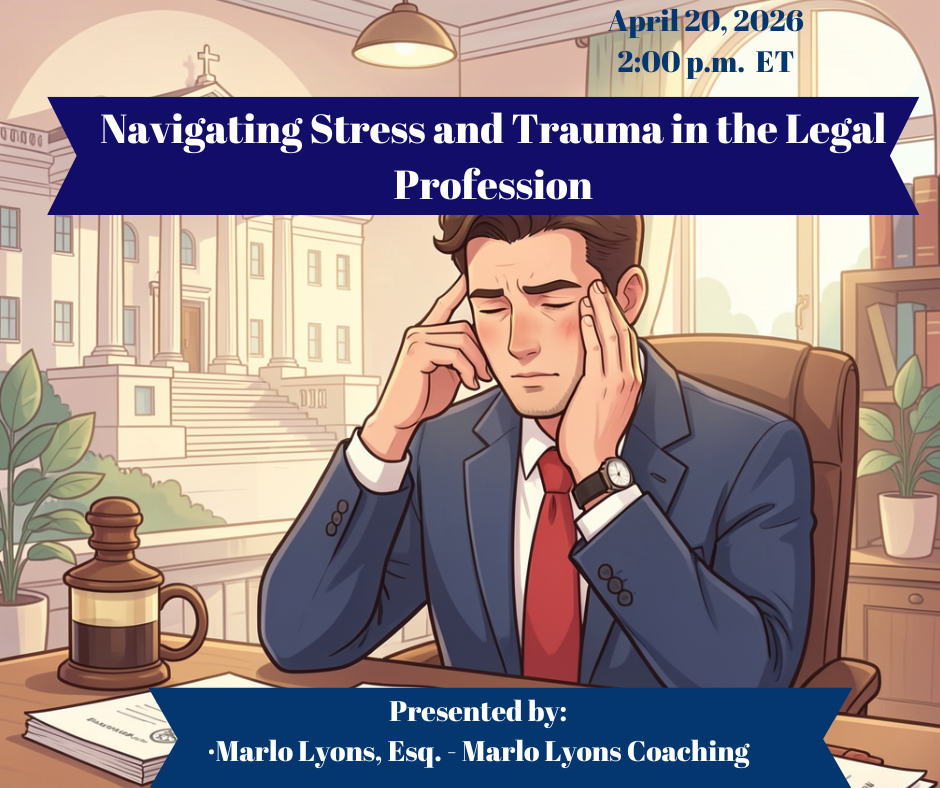
Navigating Stress and Trauma in the Legal Profession, explores the unique challenges faced by legal ...
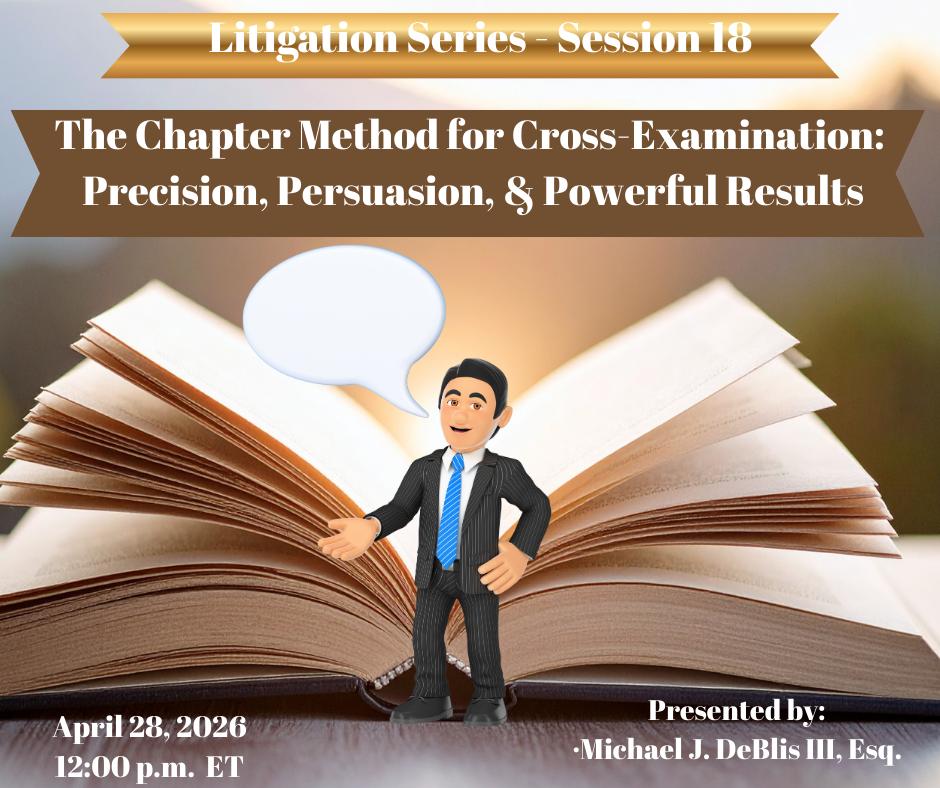
The “Chaptering Your Cross” program explains how dividing a cross?examination into clear...

The landscape of global finance is undergoing a seismic shift as traditional assets migrate to the b...
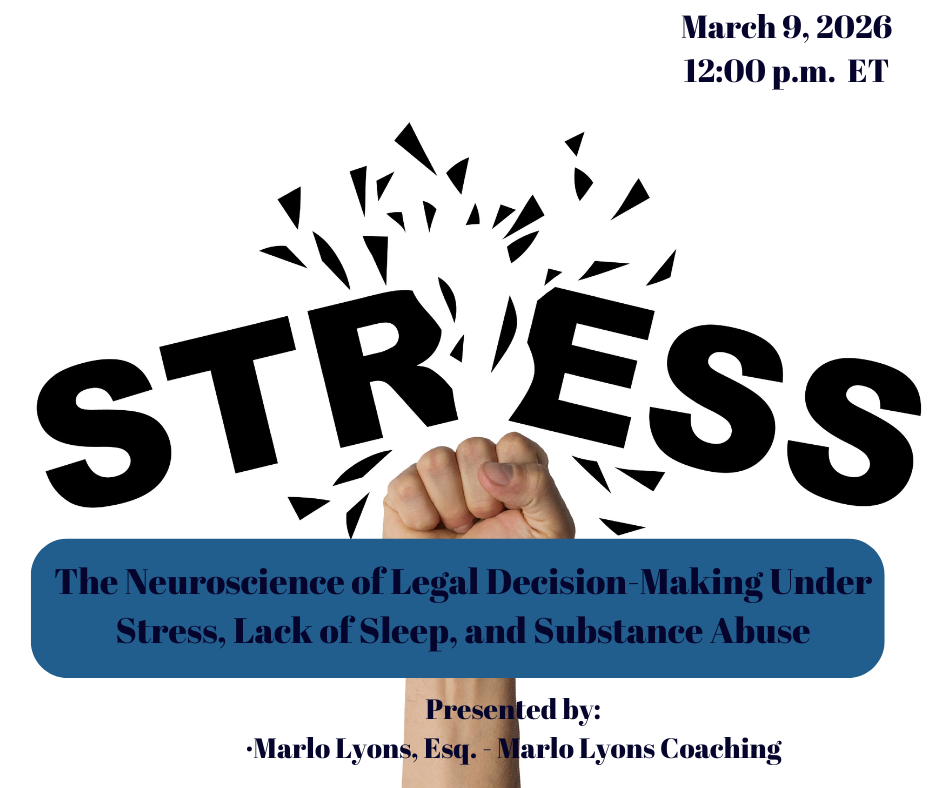
This dynamic and compelling presentation explores how chronic stress, sleep deprivation, and substan...
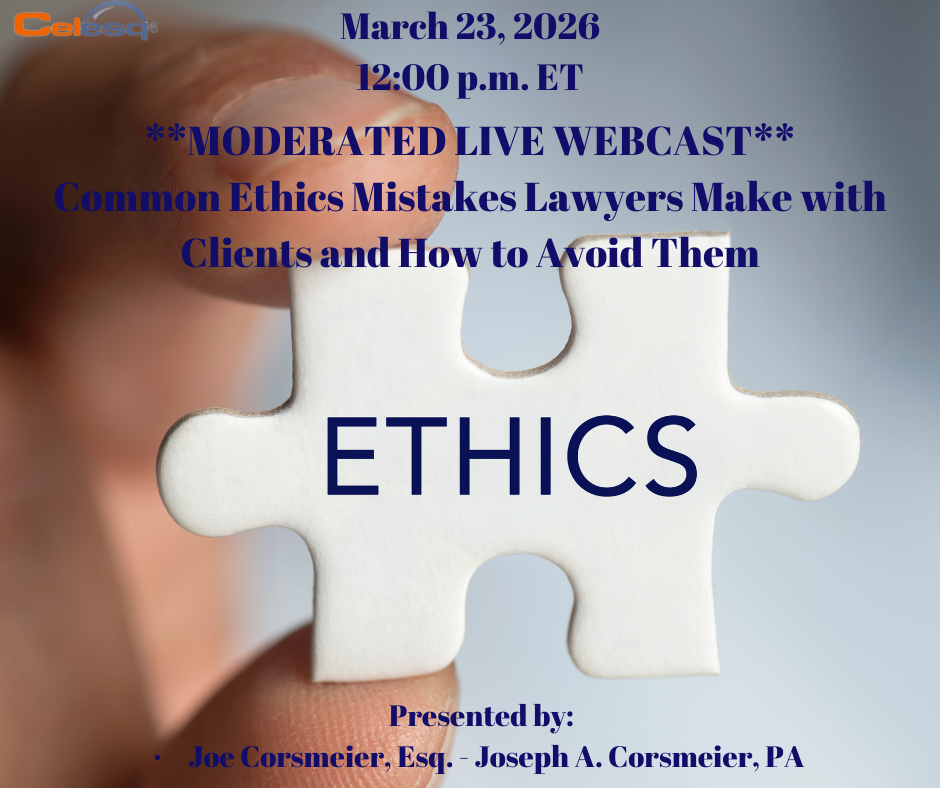
Many lawyers may not fully understand the Bar rules and ethical considerations regarding client repr...

Boundaries and Burnout: The Hidden Crisis in Law is a 60-minute California MCLE Competence Credit pr...
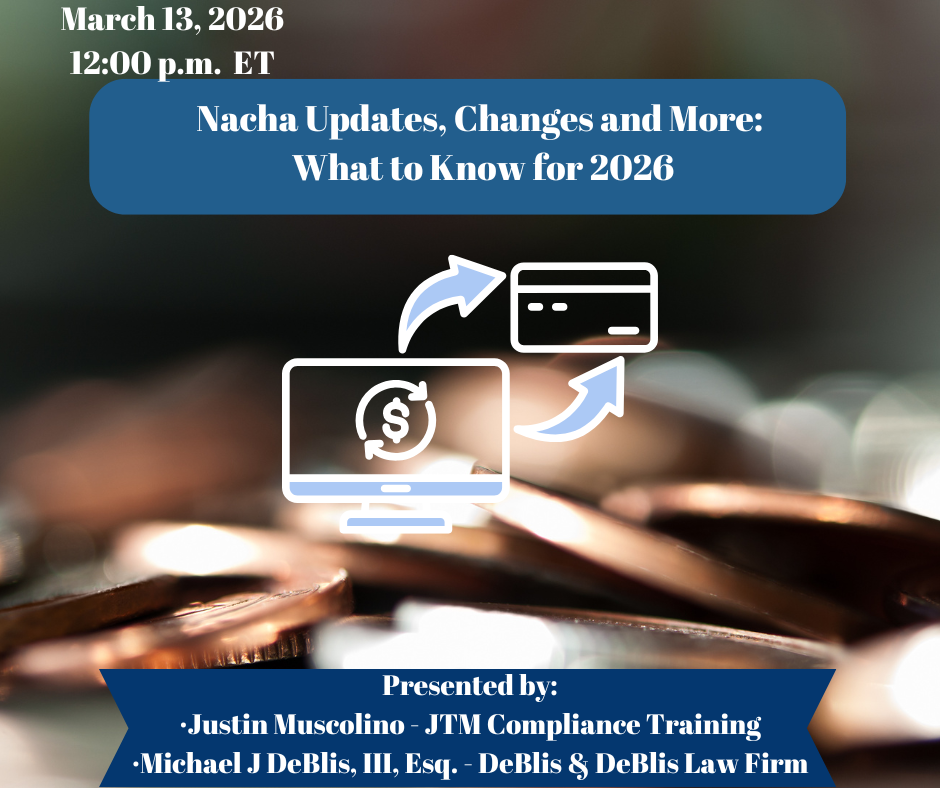
This attorney-focused program reviews upcoming Nacha rule changes for 2026 with emphasis on legal ob...
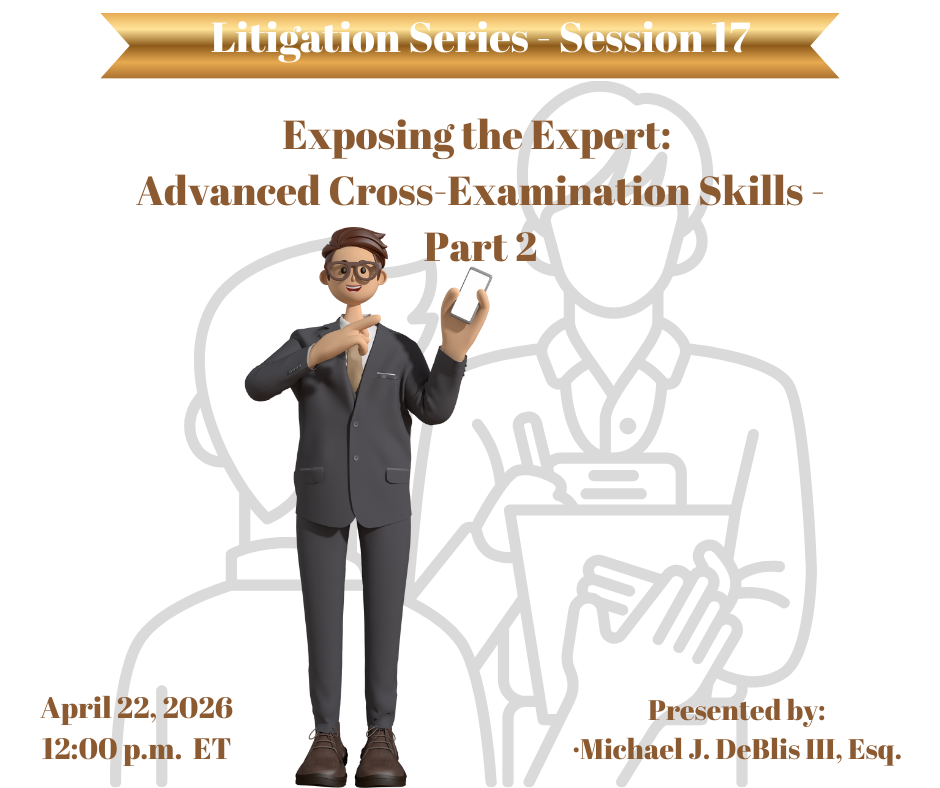
Part 2 - This program will continue the discussion from Part 1 focusing specifically on cross?examin...

In this course, Dr. Carlson will present a broad overview of what scientific research has discovered...
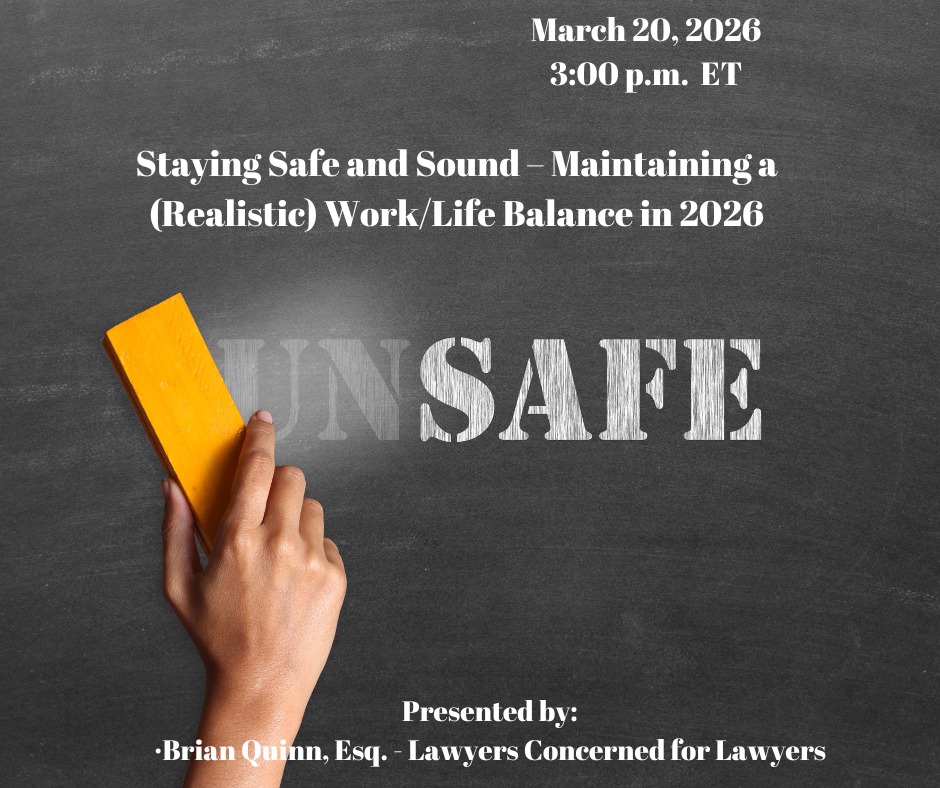
Recent studies have shown that there has been a dramatic increase in impairment due to alcoholism, a...